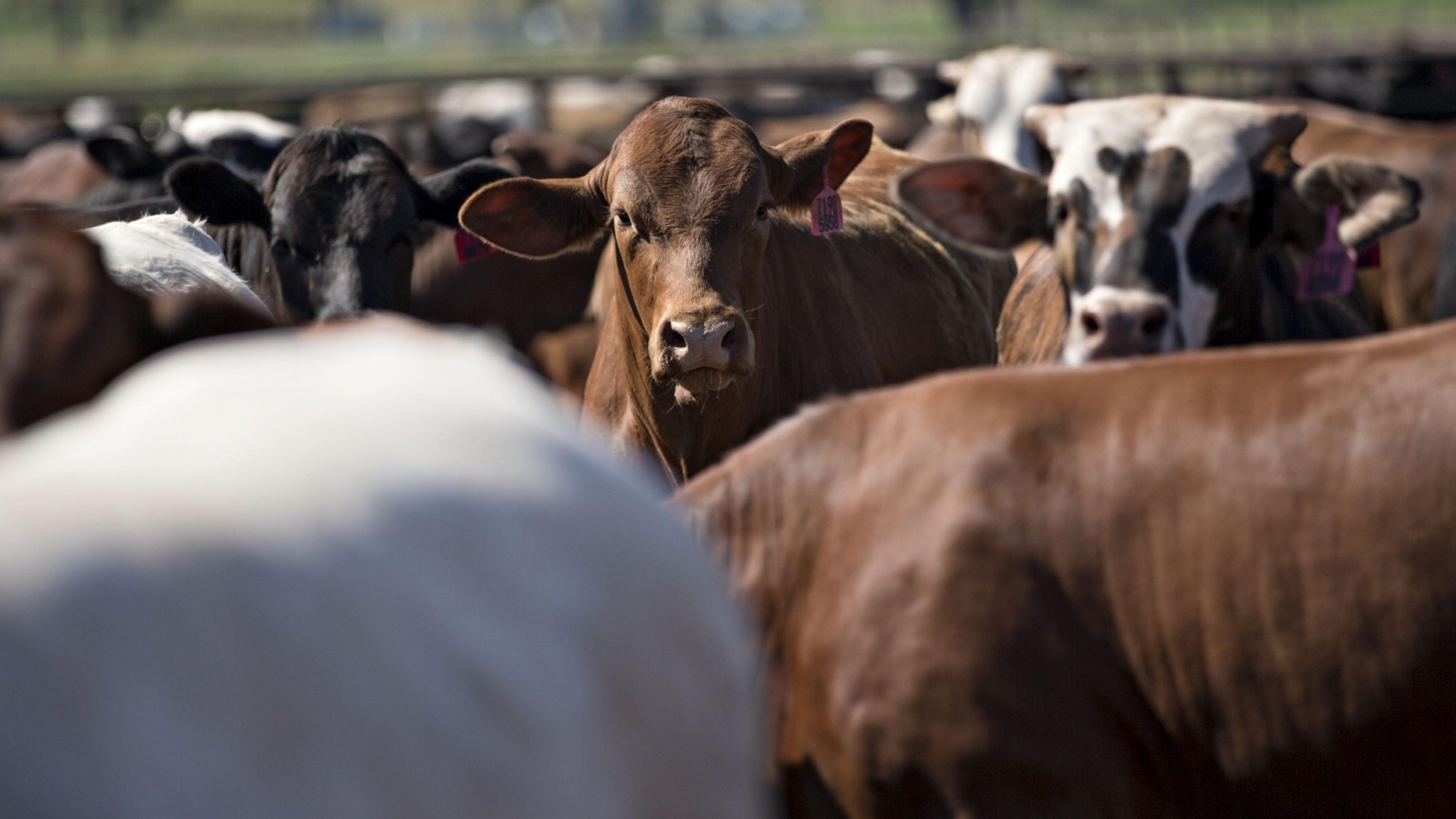Chairperson U Soe Naing of the Mandalay Region Cattle Exporters Association said that Chinese traders are constantly purchasing about 1,000 cattle on the black market across Myanmar and China. At present, the black market has been more robust. The legitimate market has halted since late 2020. The illegal market is happening. At present, the border trade was illegally carried out like the trade four years ago.
Following about 10,000 cattle stranded in Muse last year, traders embarked on illegal sales. For legitimate trade, China permits live cattle import only after ensuring the cattle is free from 20 diseases, including Foot and Mouth Disease, along with vaccination certificates, health certificates, and farming registration certificates. Those import criteria do not matter on the black market. Myanmar’s live cattle export is heavily relying on Chinese market due to a good price. However, Myanmar has other external markets such as Laos, Thailand, Malaysia and Bangladesh.
The Ministry of Commerce grants a permit to each company for 100 cattle export, and the permit is valid for three months. The companies can be taken legal actions if they do not sell the cattle during the three months. Live cattle export was allowed in late 2017 to eradicate illegal exports, creating more opportunities for breeders and promoting their interests. Myanmar shipped US$360 million worth of animal products, including cattle, to the external markets in the financial year 2018-2019. The value of animal product exports dropped by $100 million in the 2019-2020FY as against a year ago, following the negative impacts of the COVID-19.
Source: The Global New Light of Myanmar

